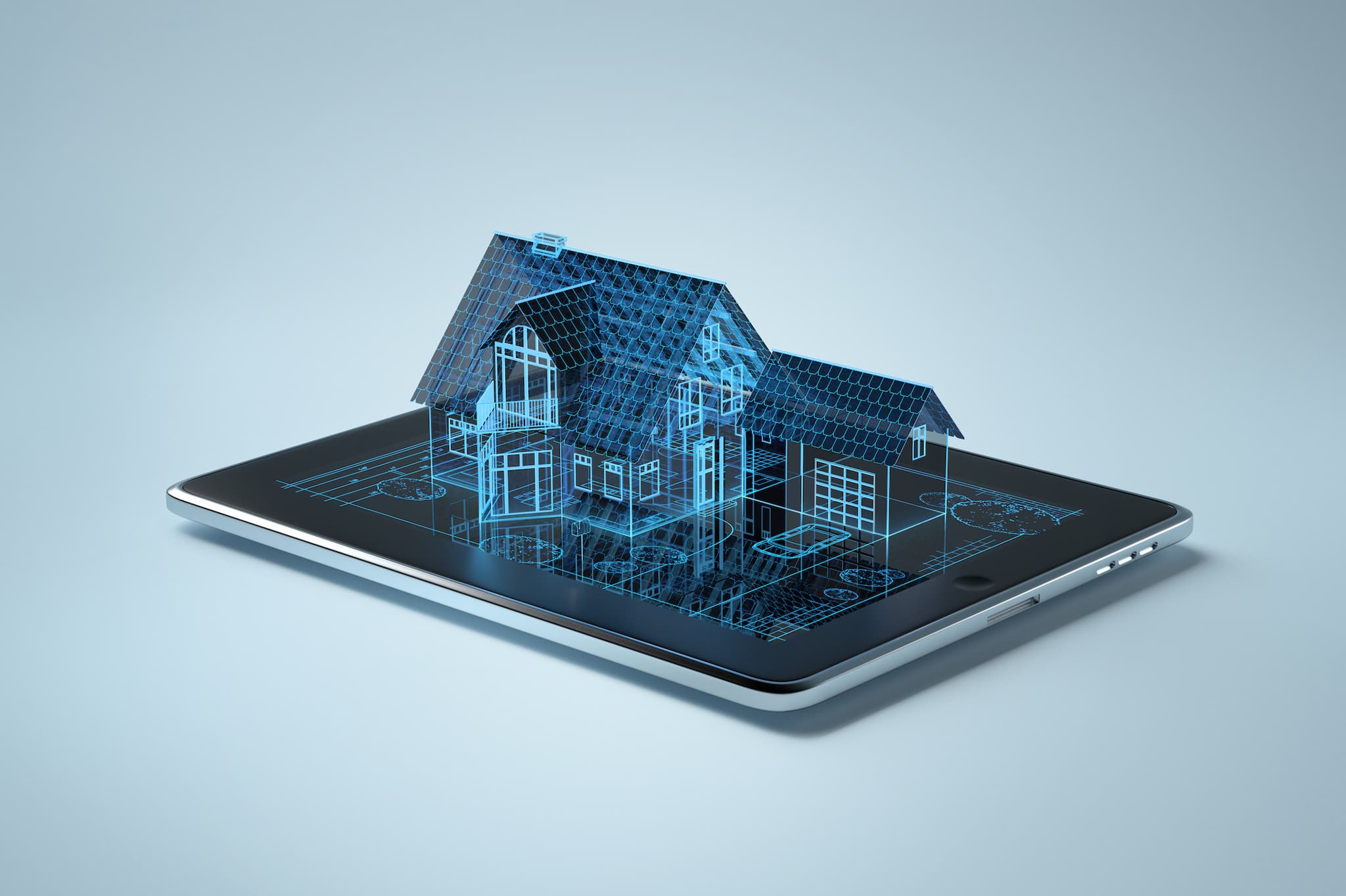To say that real estate shopping is undergoing a change is an understatement. The experience of buying and selling a home is now well on its way to establishing and entirely new model. There are two key exponential technologies that are converging to eliminate the middle-man (i.e. the real estate broker) and the headache of shopping for a home.
If you’ve ever shopped for a new house or an apartment, you know the nightmare: dealing with sale-oriented real estate agents, desperately searching to find the right places for the right prices, just missing open house hours, competing with the aggressive couple that got there 10 minutes before you, and countless wasted Sunday afternoons. House hunting is a cutthroat sport, and there are so many obstacles that stand to get in the way of you getting the chance to find your dream home — until now.
The future of real estate shopping cuts out most of theses pesky variables. Think about a process which doesn't even include a real estate agent. Think about a process in which 98% of your searching is done from the comfort of your living room, in virtual reality, wearing next-generation virtual headgear. Imagine being able to tour any house 24/7, at your own convenience. And if you’re the seller, imagine the extended possibilities of having your audience include buyers from around the world. All of this technology is here and infiltrating the real estate industry to vastly improve your shopping experience.
What's more, a virtual agent can show you around and tell you about the house, — including its history and features.
As you search for homes, a machine learning algorithm (with your permission) will be tracking your movements, learning your likes and dislikes, and intelligently recommending other homes to visit. Wondering what the living room you’re viewing might look like with a fresh coat of white paint and a brown carpet? No problem, the VR program can modify the image and show you instantly. Wondering what your own furniture might look like in this new dream house? It can be done! AI will take all of your existing furniture, electronics, clothes and decorations and virtually compile them in the new space for you to see. You will be able to test different types of landscaping, add a pool to the backyard, or remodel rooms, virtually, in real time.
In essence, these VR real estate platforms will allow you to explore any home for sale, do the remodel, and determine if it truly is the house of your dreams. You can even get an estimated bid and delivery time from a contractor to implement your vision. After you leave, an AI can help you write your bid, contact your bank and make your offer on the spot.
Forget your heels, click your mouse to get home
OK, but how does it actually work? The exponential technologies aforementioned – virtual reality and artificial intelligence – are very real, and coming to market over the next two to five years. A company called Immersive Media (disclosure: I’m an investor and advisor) has a platform for the 360-degree video capture and distribution, and is already exploring real estate 360-degree video. Facebook/Oculus VR, Microsoft’s Hololens, Google/Magic Leap, High Fidelity, OTOY, Leap Motion are all deploying funds to support the VR space.
Smaller firms like Studio 216, Vieweet, Arch Virtual, ArX Solutions, Rubicon Media, are developing virtual reality applications specifically for real estate. They are capturing and rendering models and images and videos of properties for clients and investors to view and explore.
Strides are being made in artificial intelligence and machine learning research. Recommendation engines are becoming ubiquitous (the same technology used with Facebook and Netflix), and they are now being applied to real estate. Real estate companies like Zillow, Trulia, Move, Redfin, ZipRealty and many others are investing in machine learning applications to make search, valuation, consulting, property management easier, and more efficient. In the very near future, real estate as we know it, will be come a practice of the past.
This is the sort of conversation we explore in my online community called Abundance 360 Digital (A360D). A360D is my ‘onramp’ for exponential entrepreneurs who want to go big, create wealth and impact the world. Click Here to Learn More.
Share This Article
